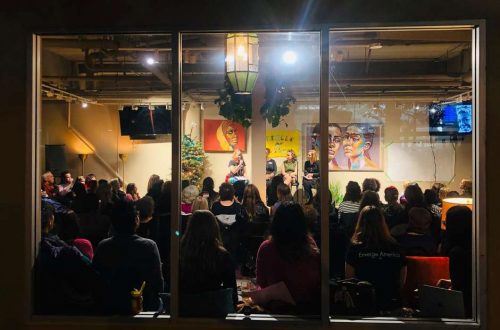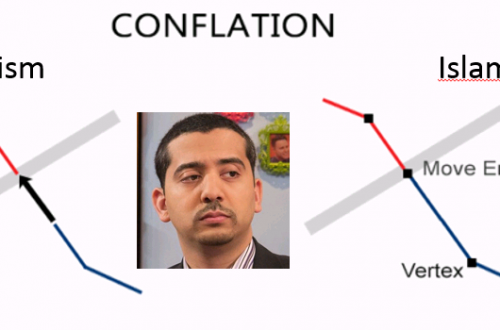If you are on the political Right, you might be inclined to believe they are big Democratic-voting northern and eastern cities with large minority populations.
But this fascinating interactive map— which accompanied a New York Times article last week about a small community in Minnesota where even critics of the federal safety net depend on it– suggests otherwise.
In fact the counties with the highest percentage of income from federal programs are for the most part rural, white and concentrated in the southwest, south and Appalachia– where people tend to vote for “anti-big government” Republicans.
What’s going on? There has been a small library of books devoted to wrestling with this question. Republicans have in recent decades successfully used social “wedge” issues– gun control, abortion, culturally “elitist” liberals, etc.– to win support from socially-conservative lower-income white voters. (Republican presidential candidate Rick Santorum– now leading Mitt Romney in the polls– may have gone a bridge too far on this with his comments on contraception and prenatal screening. The guy does say what he thinks.)
But there is perhaps a less-recognized reason. As New York Times columnist Paul Krugman writes:
Cornell University’s Suzanne Mettler points out that many beneficiaries of government programs seem confused about their own place in the system. She tells us that 44 percent of Social Security recipients, 43 percent of those receiving unemployment benefits, and 40 percent of those on Medicare say that they “have not used a government program.”
Presumably, then, voters imagine that pledges to slash government spending mean cutting programs for the idle poor, not things they themselves count on. And this is a confusion politicians deliberately encourage. For example, when Mr. Romney responded to the new Obama budget, he condemned Mr. Obama for not taking on entitlement spending — and, in the very next breath, attacked him for cutting Medicare.
The truth, of course, is that the vast bulk of entitlement spending goes to the elderly, the disabled, and working families, so any significant cuts would have to fall largely on people who believe that they don’t use any government program.


